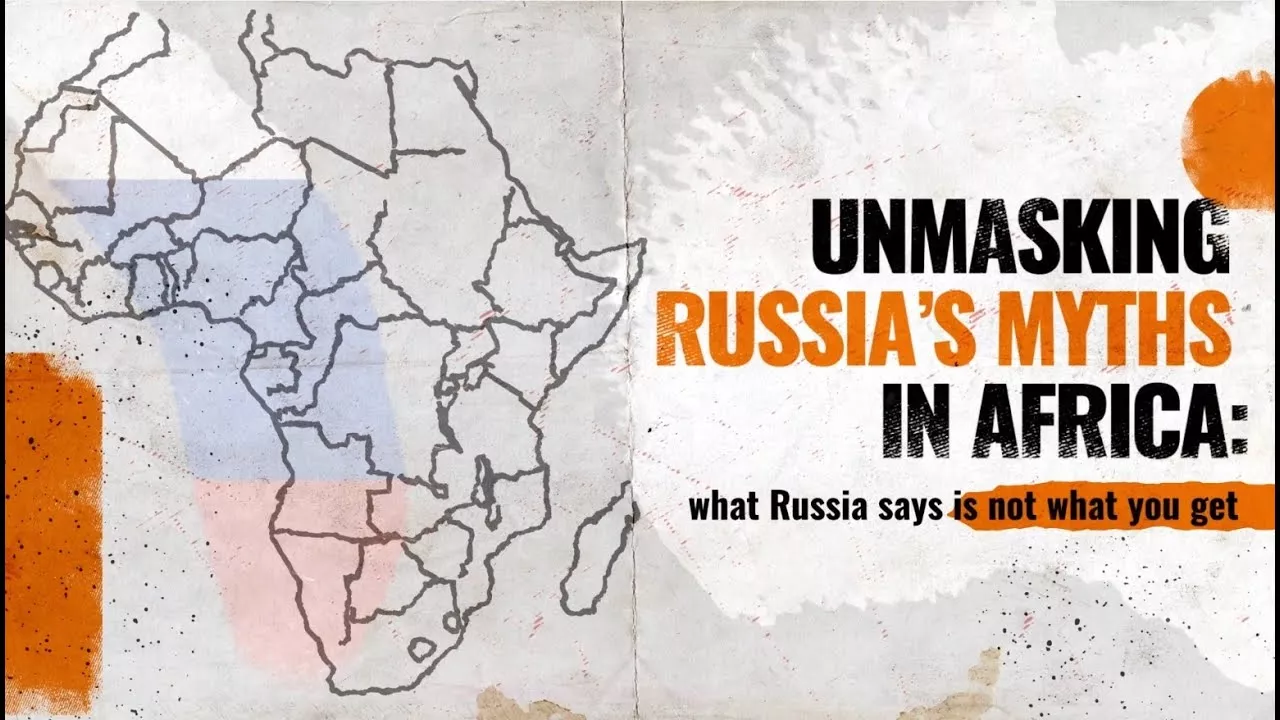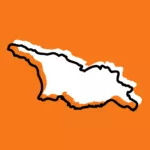
Africa

In an era of growing technological progress and internet penetration across Sub-Saharan Africa, Russia has seized the opportunity to flood the African information landscape with deceptive narratives. Ranging from health to security, these narratives are carried by a vast amount of online manipulation levers, part of a wider foreign information manipulation and interference (FIMI) effort by Russia to advance their foreign policy.
Over the past half-decade, Russia has cultivated a disinformation ecosystem, where fabricated and unverified information often eclipses factual reporting and independent journalism in a number of African countries. Beyond the realm of using information manipulation against the West, this insidious activity undermines trust in democratic institutions and raises significant security concerns for local populations.
While Russia and its FIMI industry assert that the Kremlin is uniquely positioned to provide security and military assistance to nations in need, the reality paints a starkly different picture—one marked by ongoing deterioration of security and stability. This not only underscores Russia’s inability to meet its commitments but also clearly illustrates a lack of genuine intention to do so.
This section of EUvsDisinfo website features content about Russian FIMI activities in Africa based on the expertise of the EEAS, independent journalists, researchers and civil society voices. It also exposes pro-Kremlin FIMI incidents in the continent, backed up by open source data.


Countering disinformation in Africa: human rights need to come first

Russian information manipulation efforts in Sub-Saharan Africa

Getting It Right about Russia-Friendly Voices in Africa: 3 Traps to Avoid

How to buy friends and deceive people












